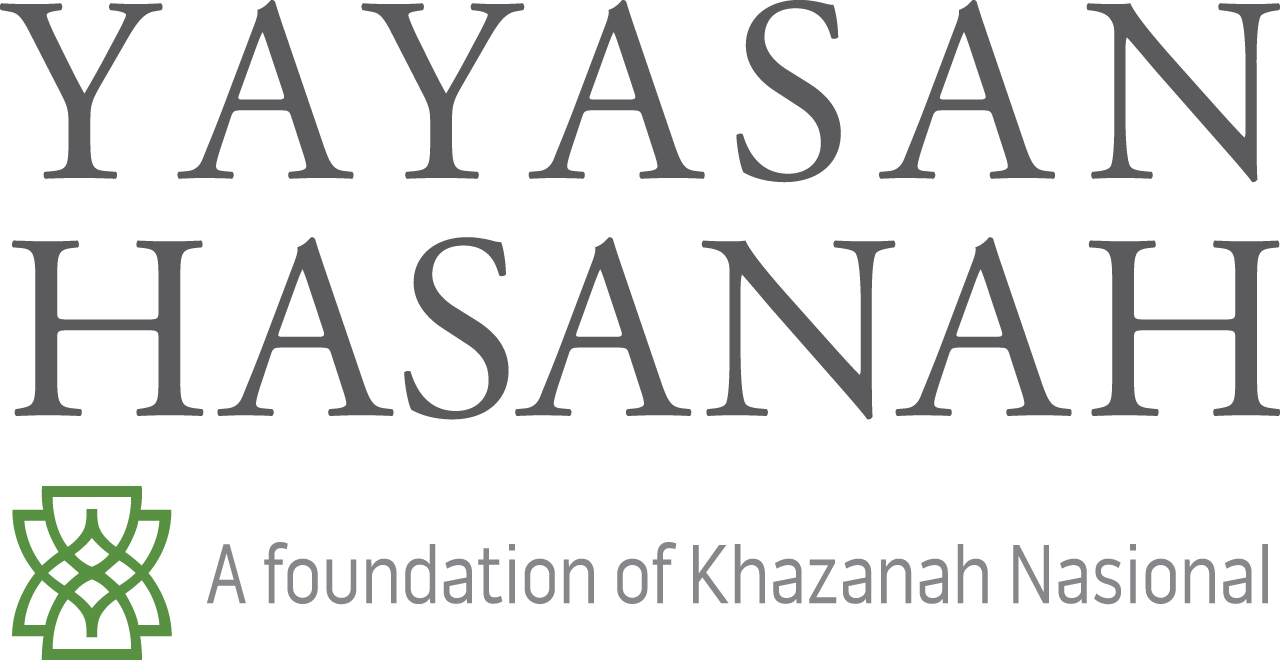1:45 : 2:45 PM
The Hasanah Forum: People and Society
Listening to Learn
Session Description
We hear this all the time – that a better-resourced government and business sector should be shouldering a much greater share of the responsibility in ensuring equity and redistributing well-being. Nevertheless, we seldom ask what we can do to be ready to seize the right opportunity or how to go about co-creating such opportunities.
Community members, especially those most affected, ought to be positioned in the right spaces for their voices to be heard and incorporated as part of decision-making mechanisms and fora. Often, the lack of direct input from communities means that decisions may be several steps removed from the issues that are most starkly seen and experienced at the community level. As a result, community voices are excluded from advocating to the government and face the risk of their issues becoming diluted or, worse still, distorted by intervening actors such as NGOs, international organisations, philanthropists, foundations, and more. Beyond positioning, community-led approaches must be challenged to better influence intervening players and decision-makers. This will require boldness and the audacity to re-evaluate unequal power dynamics among all actors, increasing community capacity and access, and for intervening actors to help bridge that gap. Moreover, it is important to ask ourselves what needs to change once we are at the table. Funders prioritise efficiency and outcomes, while governments are constrained by the electoral cycle, so slow and costly solutions without a clear plan and demonstrable results are unlikely to gain their buy-in.
3 Key Takeaways:
- Appreciate the importance of positioning community members as vital to the decision-making processes within philanthropy and other forms of social investment.
- Understand the mechanisms and initiatives that will foster a more inclusive and meaningful engagement with grant partners and recipients.
- Learn how to bring intervening players and decision-holders on board to make community-led approaches a success.





